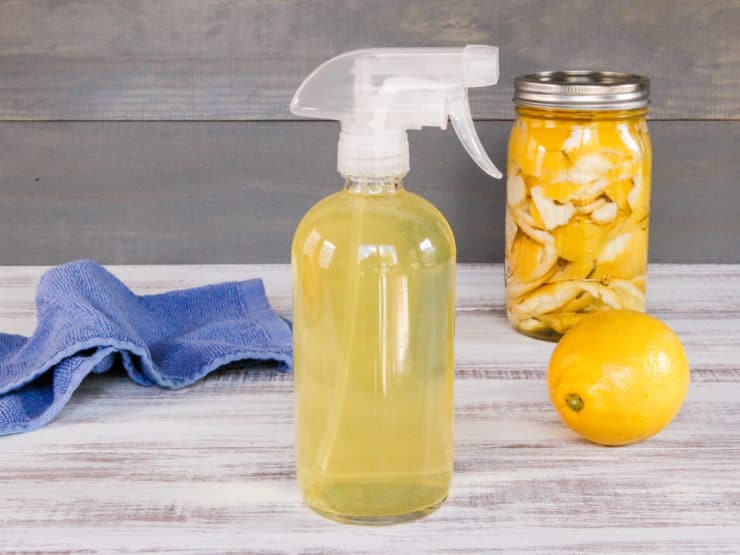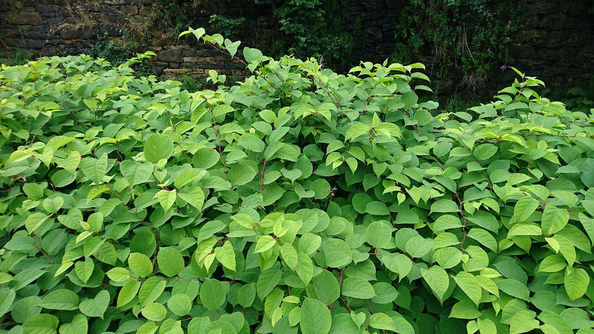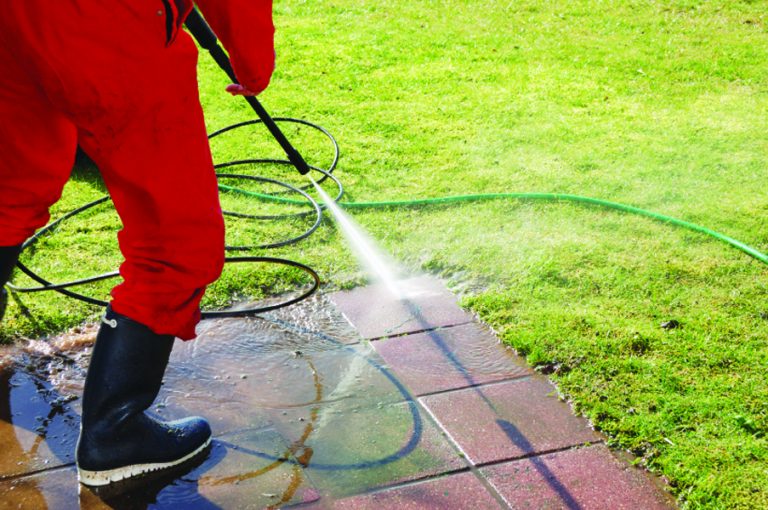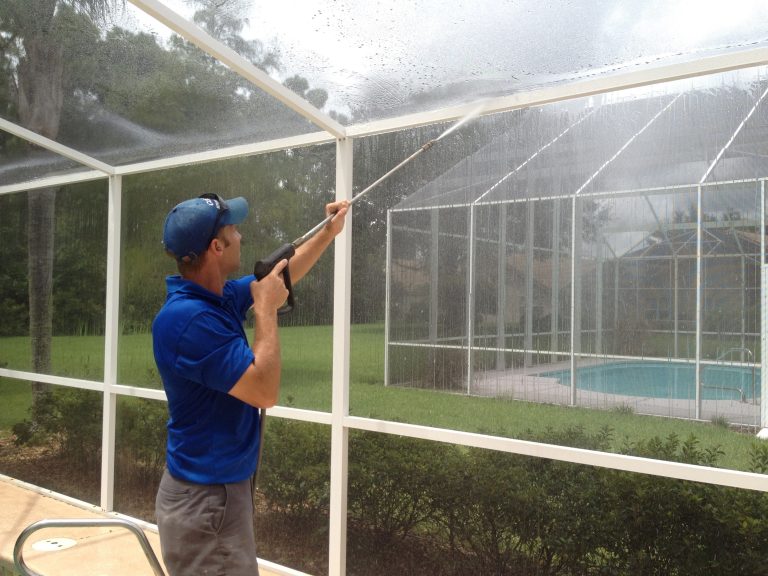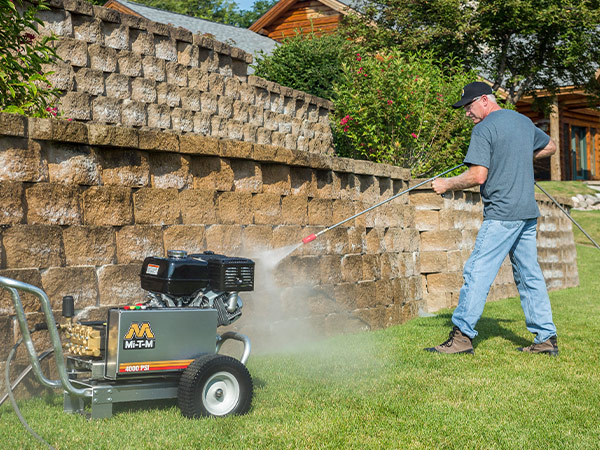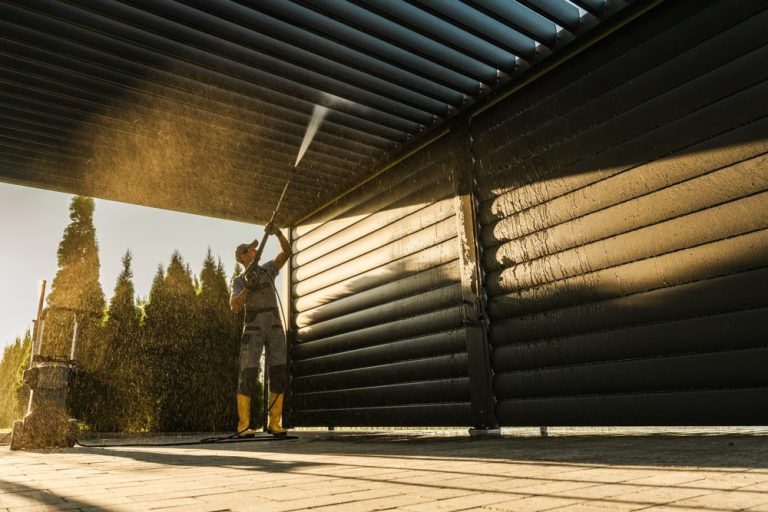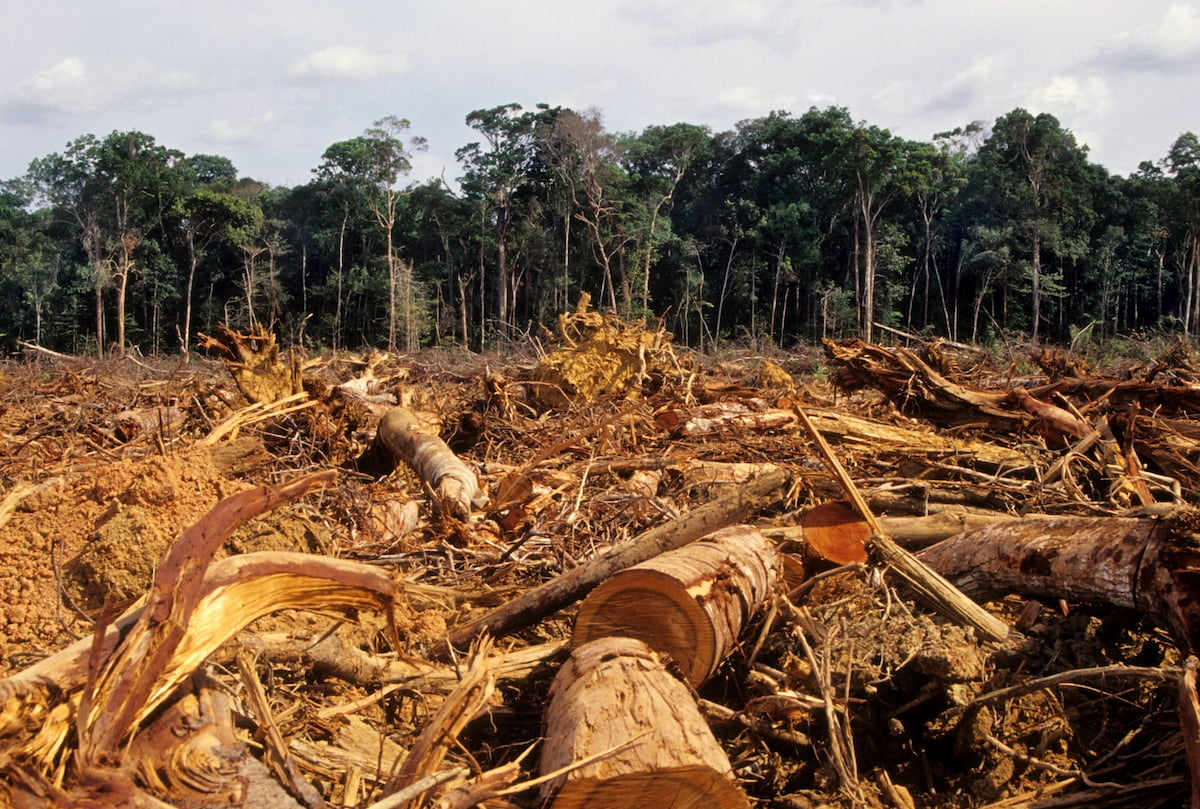
Power washing is often praised for its efficiency, but when harsh chemicals are overused—especially across years or decades—the environmental consequences become difficult to ignore. While a single rinse might seem minor, the accumulated impact of repeated chemical use can severely affect local ecosystems, soil health, water quality, and even air pollution. 🌧️🧪
In this article, we’ll break down how repeated chemical exposure from power washing affects the environment over time, and what you can do to reduce your footprint while keeping surfaces clean.
🧴 What Chemicals Are Commonly Used in Power Washing?
Some of the most commonly used chemicals include:
- Bleach (sodium hypochlorite) – used to kill mold and mildew
- Degreasers – petroleum- or solvent-based agents for industrial cleanup
- Phosphates – found in many detergents to soften water and lift stains
- Acid-based cleaners – used on concrete and rust stains
- Surfactants – break down oils and dirt, but can disrupt ecosystems
Many of these substances are non-biodegradable or take a long time to break down, especially in urban environments. And when used consistently without containment, their cumulative effects can be devastating.
🌊 Long-Term Water Contamination
Chemicals from repeated power washing often enter stormwater drains, which flow untreated into rivers, lakes, or oceans. Over time, this contributes to:
- Algae blooms from phosphates, which deplete oxygen and harm aquatic life
- Toxicity buildup in water systems, threatening fish, frogs, and insects
- Contaminated groundwater, especially in areas with porous soil
- Bioaccumulation of toxins in aquatic food chains 🐟☣️
Even trace amounts, repeated frequently, can create significant water quality issues.
🧱 Soil and Microbial Disruption
Soaps, acids, and degreasers don’t just clean—they alter the pH and biological composition of soil, leading to:
- Reduction in beneficial bacteria and fungi
- Poor nutrient absorption by plants
- Hardening or erosion of topsoil
- Loss of vegetation near wash zones
Over time, this weakens the land’s natural ability to absorb water, filter runoff, and support plant life—leading to more erosion and water waste. 🌿🛑
🐝 Harm to Plants and Wildlife
Frequent chemical exposure near homes or businesses often leads to:
- Burned leaves or stunted growth in plants
- Death of pollinators like bees or butterflies
- Poisoning of birds and small mammals who ingest contaminated water
- Reduced biodiversity in local gardens or greenways
Most homeowners don’t realize that chemicals used on their deck or driveway can drift to nearby flowerbeds and birdbaths—even in low concentrations.
💨 Air Quality and Indoor Impact
Many power washing chemicals evaporate during use, especially when heated or applied in sunny conditions. Repeated evaporation of substances like:
- VOC-heavy degreasers
- Ammonia
- Chlorine bleach
…can worsen air quality, contribute to smog, and cause respiratory irritation—especially for sensitive groups like children, the elderly, and pets.
And when used near windows or HVAC units, some of these fumes can enter homes, creating indoor air issues.
♻️ The “Death by a Thousand Washes” Problem
The environmental issue isn’t typically a one-time event. Instead, it’s:
- The homeowner who power washes every month using bleach
- The business that washes its storefront weekly with phosphates
- The contractor who cleans fleets and driveways without containment
- The neighborhood HOA that hires teams for chemical cleaning several times a year
Each instance seems small. But multiplied across time, homes, and communities? It’s a major ecological concern. 🧯
✅ Sustainable Alternatives That Reduce Long-Term Damage
You can still clean effectively without leaving a legacy of harm. Here’s how:
1. 🌱 Switch to Biodegradable Products
Use:
- Enzyme-based cleaners
- pH-neutral surfactants
- Citrus or vinegar blends
- Cleaners labeled “storm drain safe” or “EPA Safer Choice”
2. 💧 Limit Frequency of Chemical Use
Don’t wash more than necessary. Try:
- Manual scrubbing for small jobs
- Spot treatment instead of full-surface spraying
- Hot water or steam instead of chemical cleaners
3. 🛑 Capture and Treat Runoff
Install:
- Drain covers
- Berms or absorbent barriers
- Water reclamation systems
This prevents repeated contamination of soil and waterways.
4. 🧠 Educate Others
Help neighbors and clients understand that cleaning smarter—not harder—protects your environment.
🧠 Final Thoughts
Repeated chemical use in power washing may seem convenient, but the hidden costs are paid by your soil, your water, your air, and your local wildlife.
By changing what you spray and how often you spray it, you can protect your health, your property, and the planet—one wash at a time. 🌎💚
